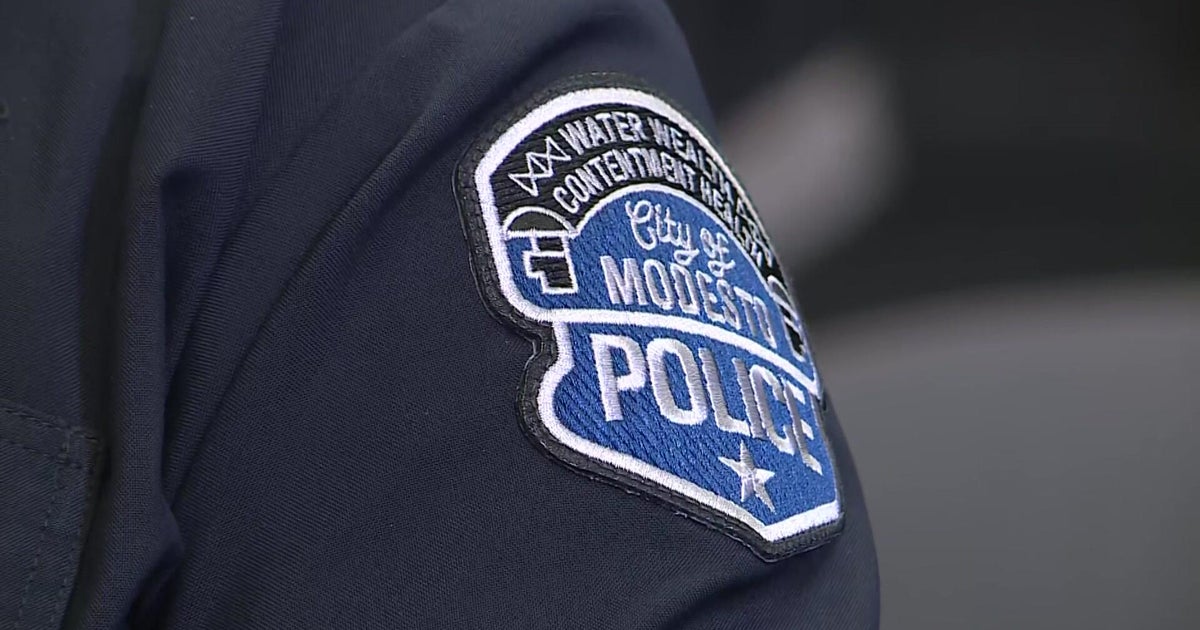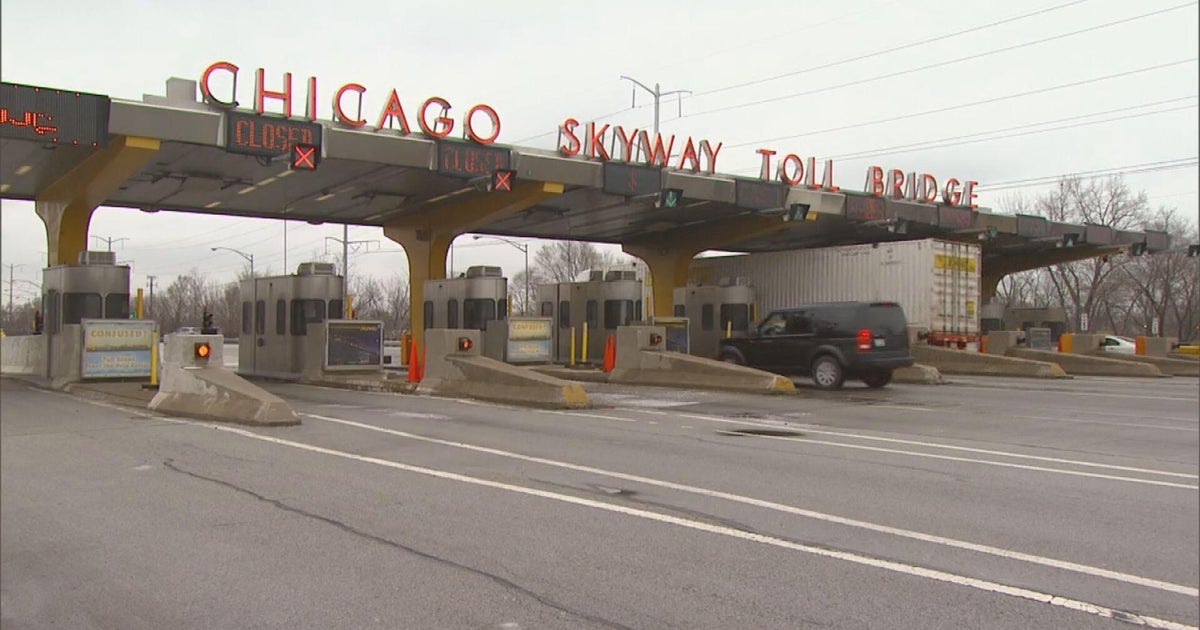U.S. Supreme Court overturns ex-Indiana mayor's bribery conviction
The U.S. Supreme Court overturned the bribery conviction of a former Indiana mayor, a decision that could impact the racketeering trial of former Illinois House Speaker Michael Madigan.
In a 6-3 split along ideological lines, the high court sided with James Snyder, the former mayor of Portage, Indiana, who was convicted in 2019 of taking $13,000 from a trucking company in exchange for granting them city contracts worth about $1 million.
In the ruling that narrowed the scope for federal criminal anti-corruption laws, Justice Brett Kavanaugh said the federal bribery law does not make it a crime for state and local officials to accept "gratuities."
Snyder's attorneys argued that prosecutors never proved it was a "quid pro quo," or something given or received for something else, and that punishing Snyder for money given "after the fact" criminalizes normal gift-giving.
The conservative majority agreed.
"The narrowing of the applicability of this statute, as the court did today, does create a challenge for prosecutors trying to hold public officials accountable, because it does sort of mean that the statute can't be used in certain kinds of circumstances where you have this reward that happens after the fact," said University of Chicago law professor Sharon Fairley.
Impact on Madigan case
In Illinois, a federal judge was waiting on the court's decision in the case before moving forward with the racketeering trial of Madigan. Some legal experts have speculated the court's decision could affect the former House speaker's trial, which was pushed back to October.
Madigan and Michael McClain, his longtime confidant, are facing federal charges of racketeering, conspiracy, bribery, and wire fraud, most of which could result in up to 20 years in prison if they are convicted.
Fairley pointed out that the Supreme Court's decision could have an influence on the Madigan case, but only partially.
"When we look at the charges that he is facing in the indictment that was filed, only seven of the counts of the indictment involving Michael Madigan relate to this specific statute," Fairley said. "So that means there are other charges in the indictment that have nothing to do with this statute at all. Those charges are going to be absolutely fine going forward."
The two were accused of a bribery scheme involving multiple businesses, including the utility company ComEd, in which the companies paid Madigan's associates as a reward for their loyalty to the ex-speaker. Prosecutors accused Madigan of using his political power to arrange for no-show jobs for his political workers, and personal benefits for himself.
Both Madigan and McClain pleaded not guilty to all charges.
Last year, McClain and three others were convicted in a related ComEd bribery case. The judge in that case also agreed to delay their sentencing hearings in anticipation of the Supreme Court's ruling in the Snyder case.
Attorneys for Madigan did not respond to a request for comment.
The Associated Press contributed to this report.







